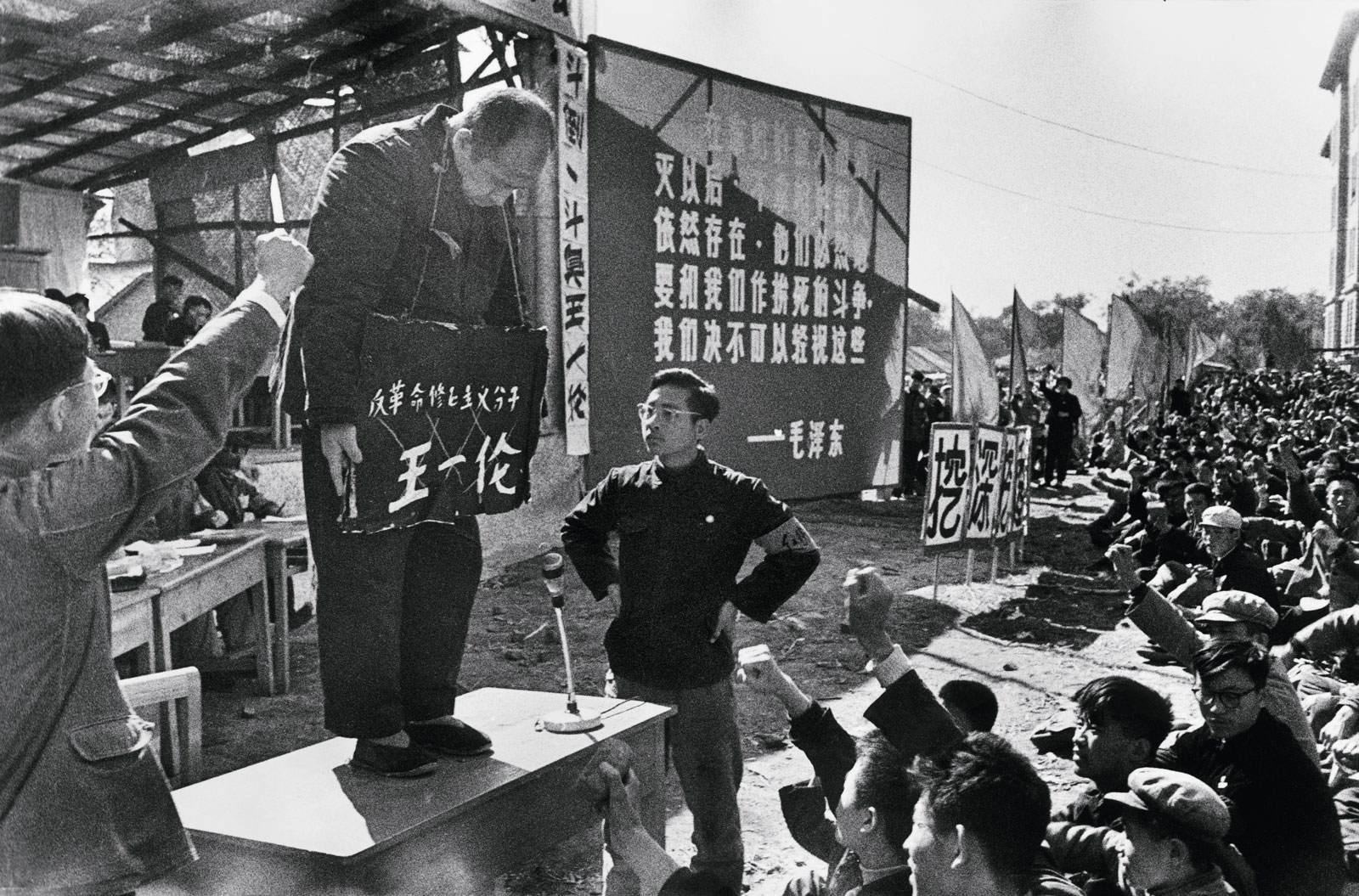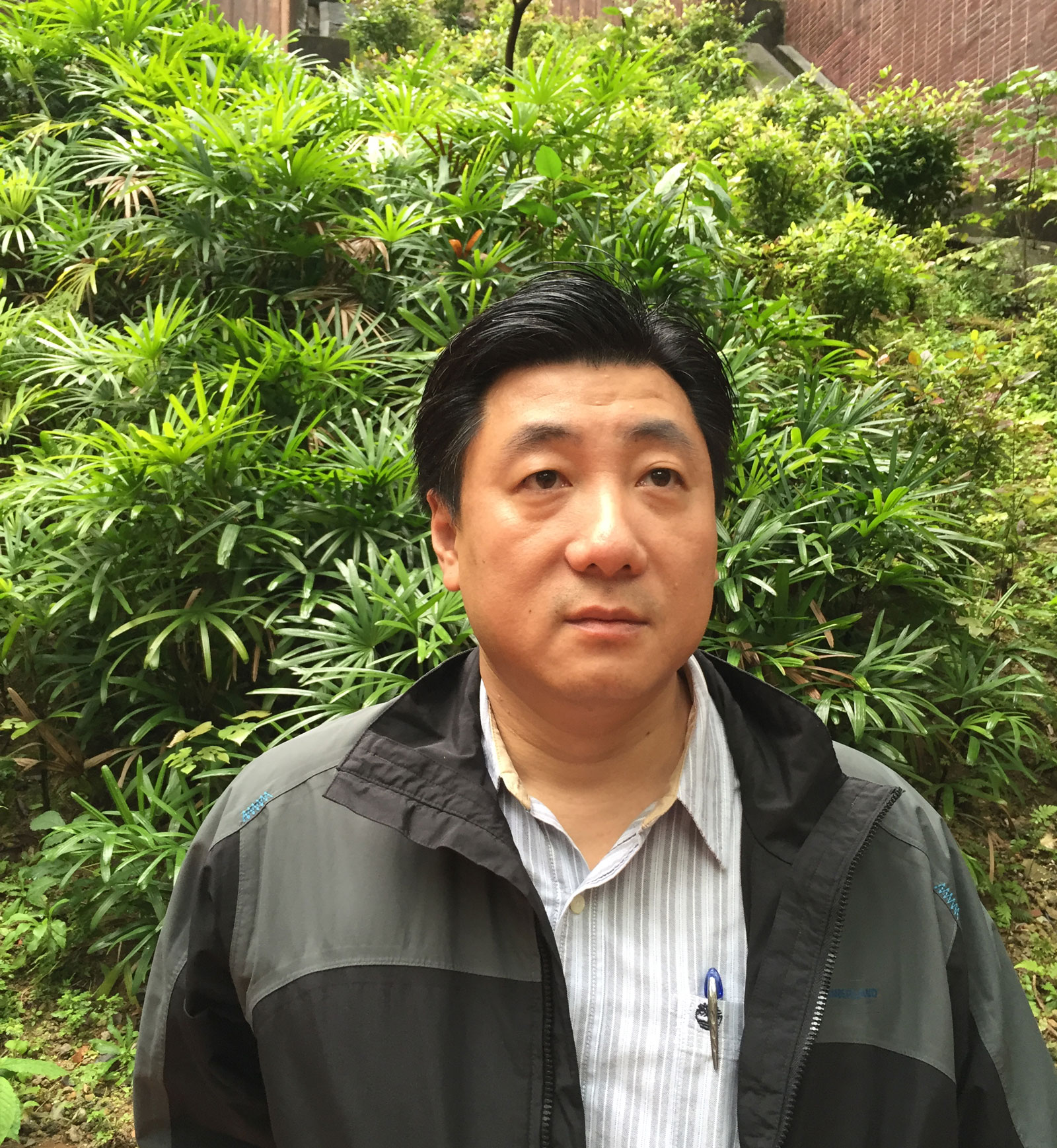The University of San Francisco Center for Asia Pacific Studies invites graduate students to participate in the workshop “Garbage and Landfill in Asian Documentary Films.”
The workshop will be led by USF Center for Asia Pacific Studies Kiriyama Professor, Chia-ju Chang (Brooklyn College-City University of New York). Her first book in Chinese, The Global Imagination of the Ecological Communities: Western and Chinese Ecocritical Praxis (Jiangsu University Press, 2013), won the 2013 Bureau of Jiangsu Province Journalism and Publication Book Award (Social Science division).
This workshop will look at the issue of waste and excess in our contemporary societies, and filmic representations of unwanted matter, landfills and deserted places. Focusing on China and India, we will use documentary as a genre to engage discourses of toxicity, political apathy, and environmental injustice. It urges us to visualize and conceptualize an interwoven geopolitics brought together by the imbalance of hemisphere/continent, nation, race/ethnicity, class/caste, and gender, etc.
This is the first workshop in a two part series aimed at intersecting Asian Studies with the emerging field of environmental humanities. The overarching theme of this workshop is on waste in Asian Anthropocene societies as well as its cultural articulations and cinematic representations. The workshop will employ a critical eco-materialist approach to conceptualize waste matter as a unit of of material assemblage, or a thing to examine out day-to-day life’s production, biologically, materially, culturally, aesthetically, and ethically. Students will come up with their own critical perspective and at the same time gain a deeper understanding of environmental issues and cultural production in Asia. Continue reading Garbage and Landfill in Asian Docs workshop →








